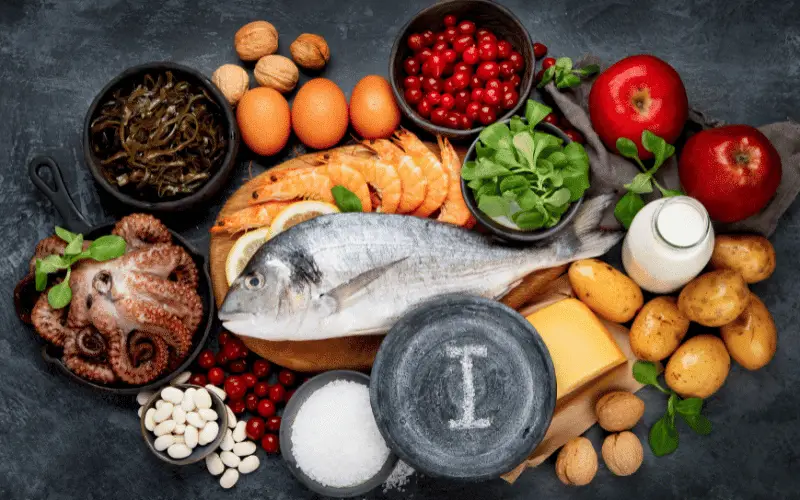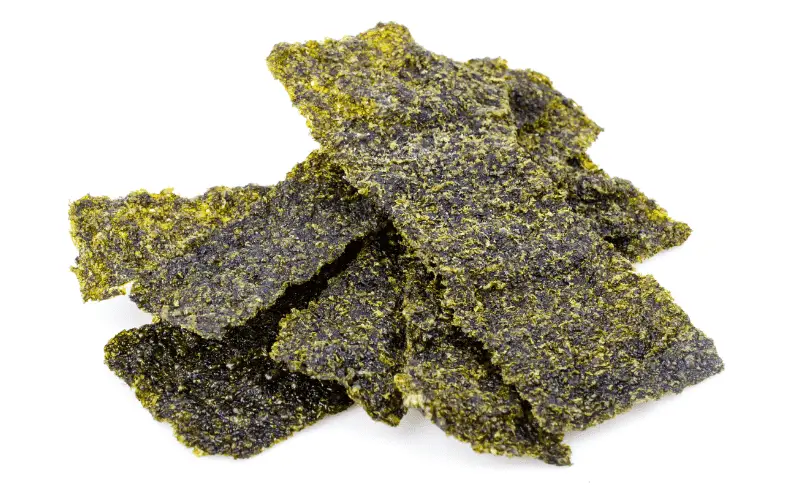Introduction: Iodine and Its Essential Role in Health

Iodine is an elemental mineral that our bodies require for optimal functioning, particularly when it comes to thyroid health. This often overlooked nutrient is a building block for the thyroid hormones that play a critical role in various bodily functions, from maintaining our metabolism to ensuring proper bone and brain development during pregnancy and infancy.
Despite its critical importance, iodine deficiency is a significant global health concern. Some estimates suggest that as many as two billion people worldwide may not be getting enough of this essential nutrient in their diets. And when you consider the critical role it plays in the body, it’s easy to see why we need to pay more attention to this humble mineral.
In the quest for better health, identifying iodine-rich foods is a worthwhile endeavor. But, as with most nutritional inquiries, it’s not always as straightforward as it seems. Iodine isn’t uniformly distributed across the world’s soils and seas, which means its presence in the food supply can vary widely depending on location. The processing and preparation of food also play significant roles in its final iodine content.
So, if we’re aiming to enrich our diets with iodine, we need to be savvy about our food choices. But there’s good news: iodine is found in a variety of food sources that can easily be incorporated into most diets. From the sea’s depths to the fertile soils, the world is rich with iodine-laden foods waiting to be discovered.
In this resource, we’ll explore the top 15 food sources of iodine. Each selection is a culinary journey into the world of this crucial mineral. As we walk through this list, you’ll find that adding more iodine to your diet is not only possible but also deliciously satisfying.
Food 1: Seaweed – The Underwater Powerhouse

The ocean is brimming with nutritional gems, and seaweed surely tops the list, especially when discussing iodine-rich foods. Various types of seaweed like kombu kelp, wakame, and nori present a goldmine of iodine, making them an incredible asset to our health.
Seaweed might seem like an unconventional addition to some diets, particularly those based on Western cuisine, but this humble marine plant is a staple in many coastal and East Asian cultures. Not only does it add a unique flavor and texture to dishes, but it also provides a host of nutrients beyond just iodine.
Indeed, seaweed’s impressive iodine content takes the spotlight, with a single dried sheet packing anywhere from 11% to a staggering 1,989% of the daily value for iodine. This wide range is primarily due to the differing iodine concentrations among various seaweed types. Kombu kelp, for example, typically contains more iodine than wakame or nori.
But don’t let this overshadow the fact that seaweed is a complete package. It’s also rich in other vitamins and minerals, such as Vitamin K, Vitamin A, and iron, and even boasts high levels of beneficial plant compounds like antioxidants.
Adding seaweed to your diet doesn’t have to be a daunting task. From sushi rolls to seaweed salads or even seaweed snacks, there are numerous ways to enjoy this iodine-rich marine marvel. Just a small amount of seaweed can make a big difference in meeting your iodine needs. (1)